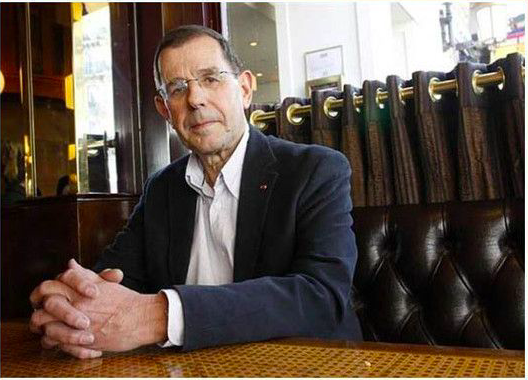In a statement issued on April 5, 2024, from Lille, General Jean Claude Lafourcade, former commander of Operation Turquoise, has publicly responded to comments made by French President Emmanuel Macron. President Macron had stated on April 4, 2024, that France, along with its Western and African allies, could have stopped the Rwandan genocide but lacked the will to do so. General Lafourcade’s response sheds new light on France’s actions during this tumultuous period, challenging prevailing narratives and calling for a critical reevaluation of international roles in the genocide.
General Lafourcade begins by firmly contesting President Macron’s assertion. Drawing on his firsthand experience as the leader of the French military operation in Rwanda, he argues that France demonstrated a consistent commitment to restoring peace and ending the genocide. He recalls the early stages of the conflict, noting President François Mitterrand’s immediate efforts to impose peace negotiations between the Hutu government of President Juvénal Habyarimana and the Tutsi-led Rwandan Patriotic Front (FPR). The Arusha Accords of 1993, he points out, were a direct result of these efforts, leading to a cessation of hostilities and a power-sharing agreement that included the stationing of an FPR battalion in Kigali. Furthermore, he highlights the deployment of a 2,500-strong United Nations peacekeeping force, MINUAR, to oversee the accords, following which all French troops left Rwanda.
The assassination of President Habyarimana on April 6, 1994, is identified by General Lafourcade as the catalyst for the ensuing massacres and genocide. He critiques the UN’s decision, influenced by Western and FPR pressures, to withdraw the bulk of MINUAR forces at a critical juncture, suggesting that this action enabled the genocide to unfold. He questions the motives of American and British refusal to intervene as the violence escalated, insinuating that such inaction may have been driven by a desire to facilitate FPR leader Paul Kagame’s ascent to power.
Contrary to assertions of inaction, General Lafourcade emphasizes France’s proactive recognition of the genocide and its decision to intervene through Operation Turquoise under a UN mandate, despite opposition from the FPR and MINUAR. He laments the absence of support from France’s “Western allies” in this endeavor. Operation Turquoise, he asserts, is a testament to France’s determination to halt the genocide, a mission undertaken with courage and honor by French soldiers. Despite delays caused by American opposition at the UN, the operation commenced in June and ultimately saved over 15,000 Rwandan lives.
General Lafourcade’s statement concludes with a call to critically reassess the international community’s response to the genocide, particularly the reluctance of Western nations to intervene. By challenging the narrative presented by President Macron, he invites a more nuanced understanding of France’s role and the complexities of international politics during one of the darkest chapters of the late 20th century.
































































